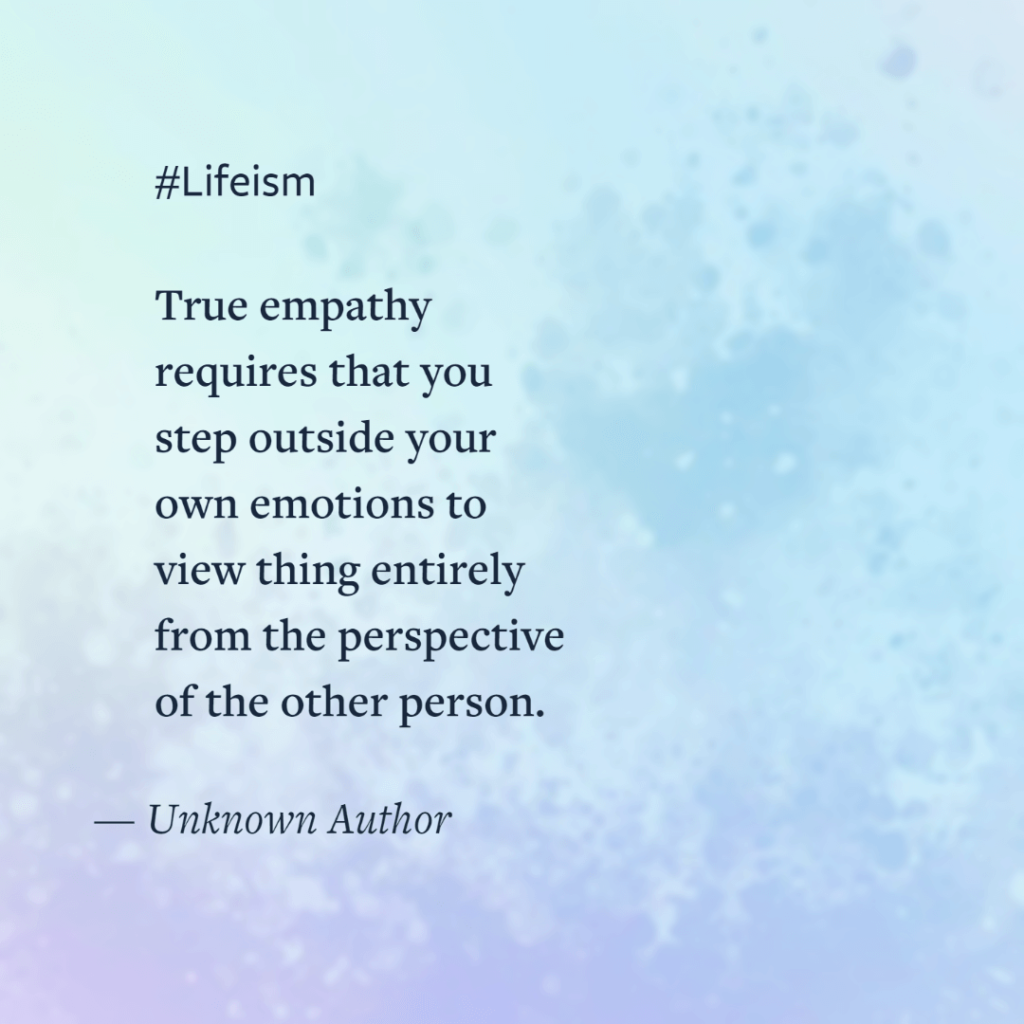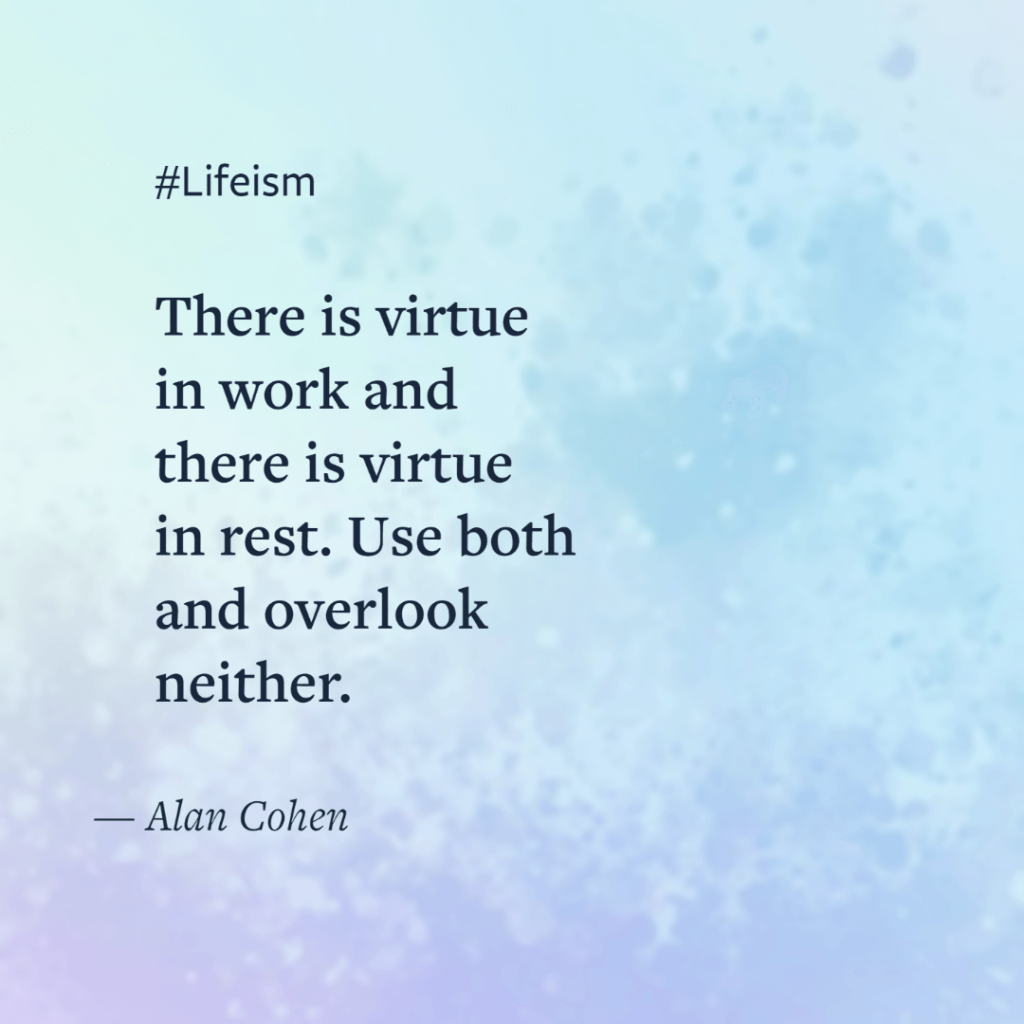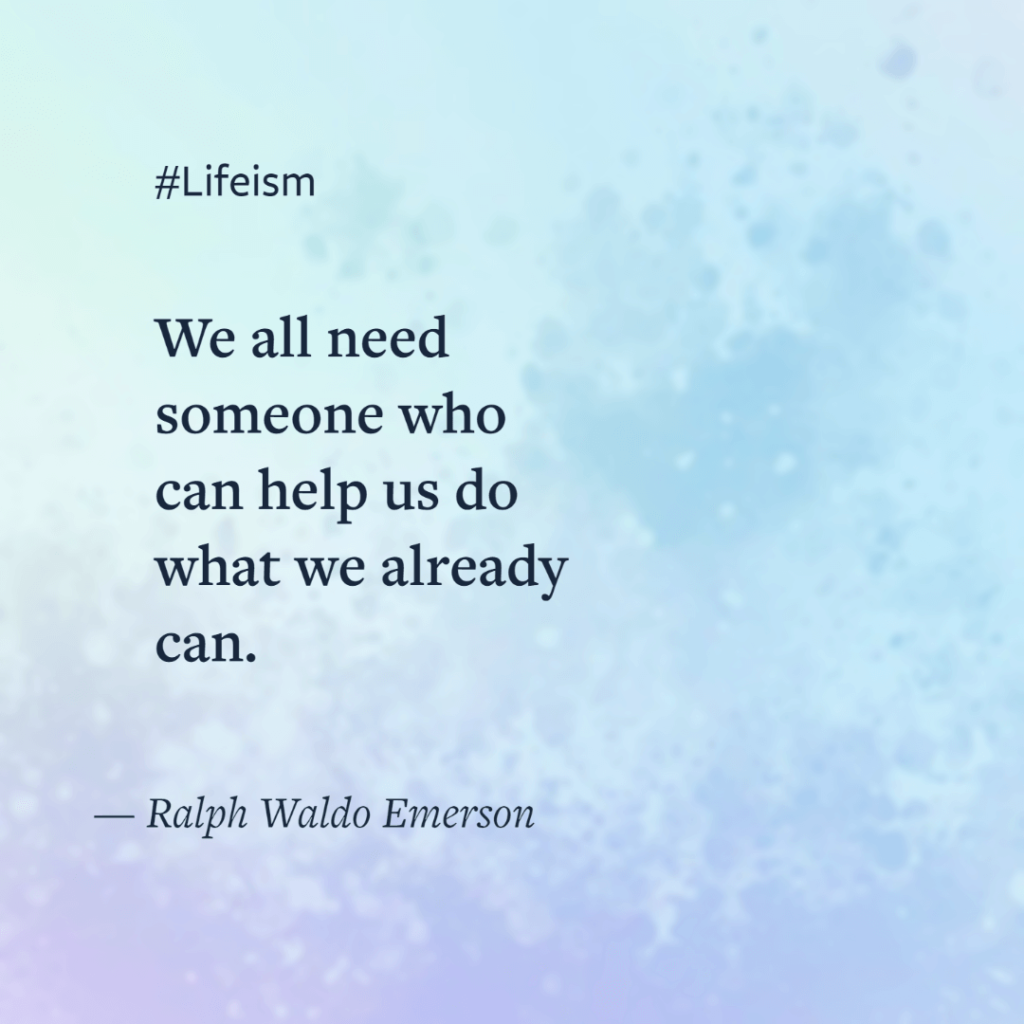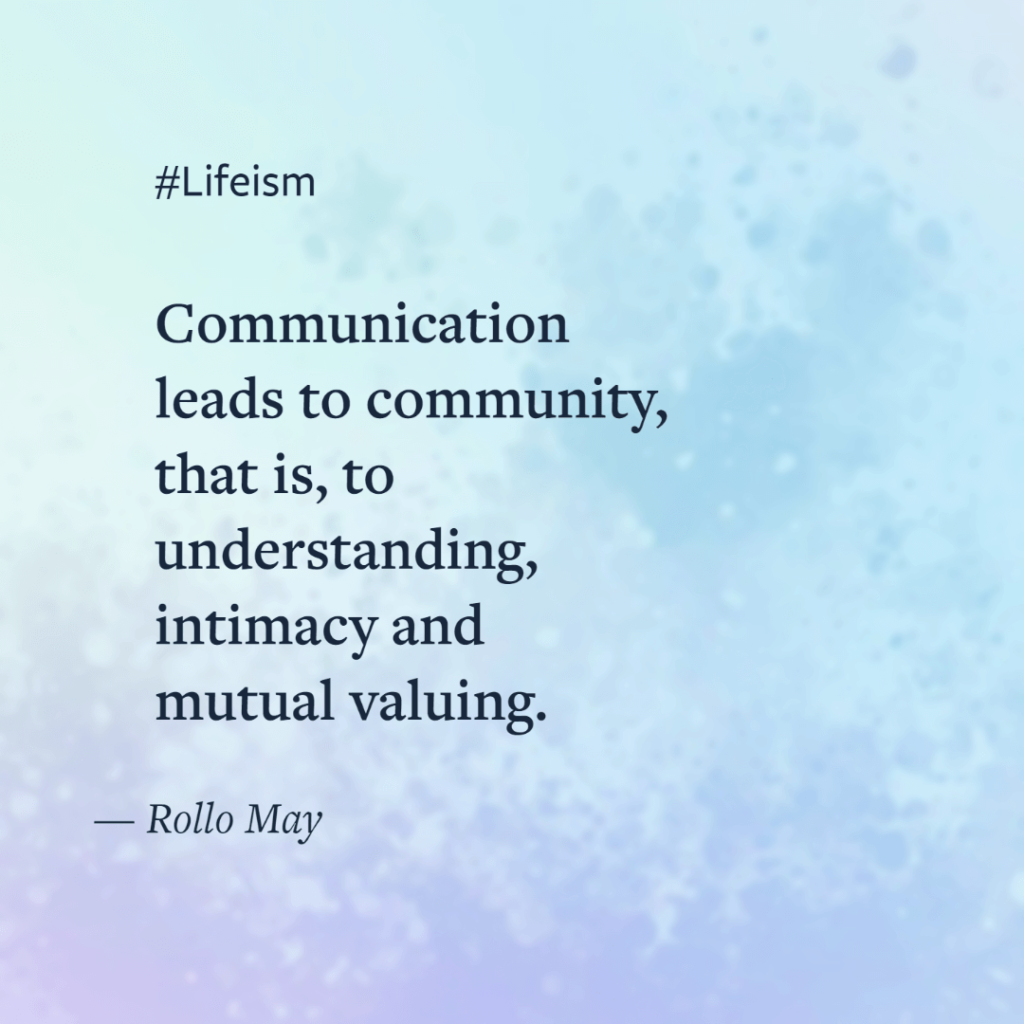Exercising Empathy Without Self-Hurt
The pandemic has taken a lot out of all of us. As the pandemic stretches on, all resources – emotional and physical are depleting. Here are some tips on fostering relationships with ourselves as well as others during the pandemic without self-sabotage.

Since 2020, every one of us has been called for a patient ear, a shoulder for comfort and a helping hand – in short, being empathetic. Empathy requires deep listening, not distracting yourself from the pain of the moment, providing advice, or sharing your own personal experiences and vulnerabilities. Each of these alone constitutes emotional labor and can take a toll on anyone.

So how do you exercise empathy while retaining your ability to move forward? It almost feels counterintuitive. To walk in someone’s biting, pinching, badly-fitting shoes and at the same time, taking that experience in your stride. It gets painful. And most days, you’d rather not encounter it at all.
In light of these experiences, I focused on three techniques that allowed me to be there for the people that I care for, while also not leaving myself drained at the end of it.
Take a break.

“It’s ok to take a break.” You must have heard it a lot in the pandemic times. It became a clichéd call for the year. But clichés exist because they work. And this one surely does. Realize that your kind self also needs some form of relief. If you operate from an exhausted and completely spent state, you are more likely to do harm than good. So take that break. Renew yourself. Find time for pleasure. Don’t consume it greedily; just learn to experience it, so that you can turn up tomorrow.
Create personal support systems.

Our society is built on support systems. And we all need at least one support system in our individual lives. Although it takes time and energy in finding like-minded people and creating safe spaces with them, this technique is perhaps the most helpful and effective one. When you’re feeling isolated and overwhelmed, rely upon your team. Deliberately create many small support systems with different people – one space only for airing out day-to-day difficulties, another for reading or playing or even simply laughing, another for helping others in need. Commit to meeting up regularly. You’ll soon realize that strength isn’t always an act of will, but also of transference. And sometimes the energy lost in being there for someone is quickly regained when someone else is there for you.
Put out your needs.

Empathy involves taking upon someone’s burden. And while it is definitely not give-and-take, it has some room to put out your needs as well. Otherwise, the relationship feels extractive and quickly turns sour. This technique, for someone who’s trying to lead a life of empathy, can be incredibly hard. Saying “I need this from you” to someone who is already suffering is painful. But it’s a necessary practice that must go hand-in-hand with empathy. Let others know what you need in order to be there for them – time, energy, or any other resource. And call upon them for empathy too.
Appreciating the simple pleasures in life can enrich us and make our lives wholesome. Here is a list of over 100 of them that we think you will love.
lifeism.co
Empathy is the crux of our survival as human beings, and hence, we need to be generous with it too. Exercising empathy is a personal journey that we embark upon and it lends different experiences to everyone. However, with this post, we hope you find the strength in practicing empathy, paying it forward, and creating a more loving community.









Comments
This article will definitely help a lot of people